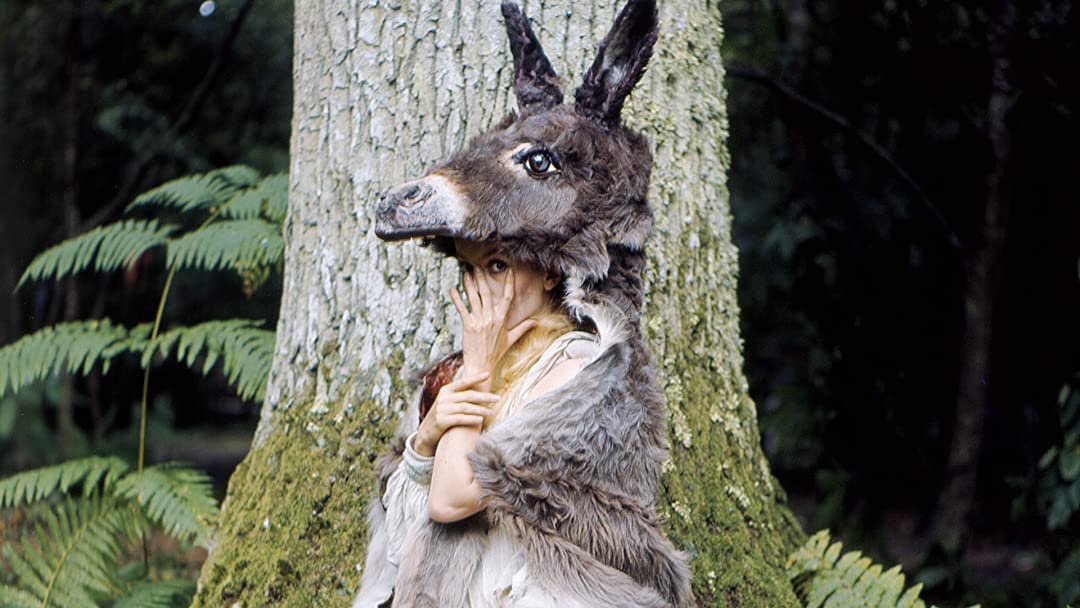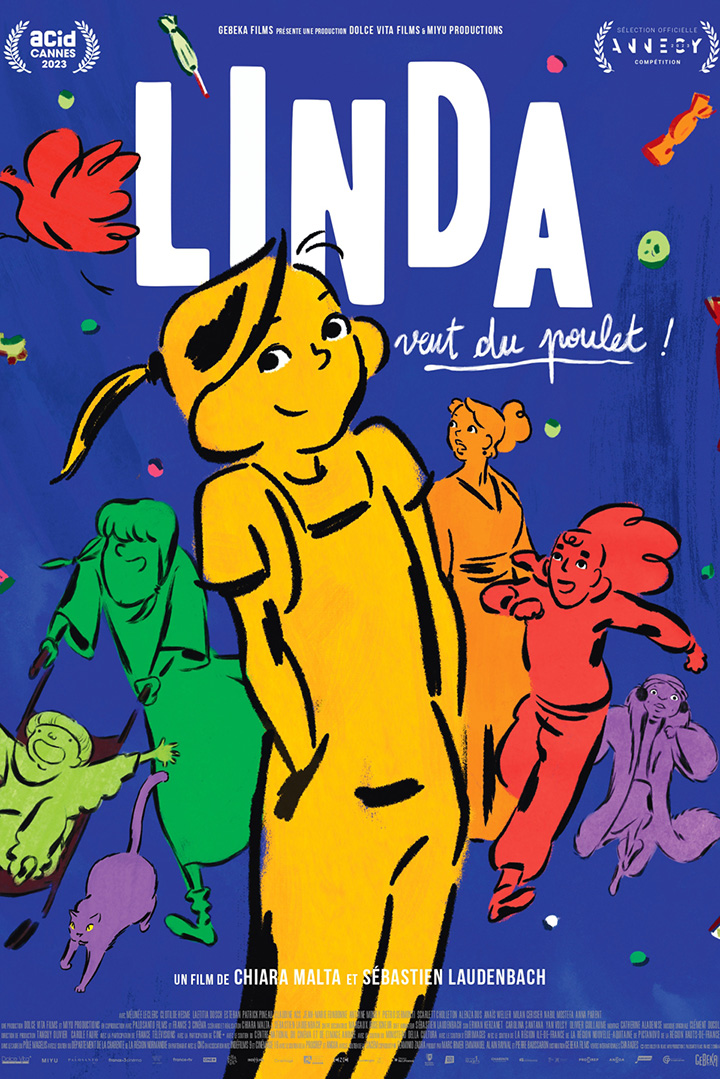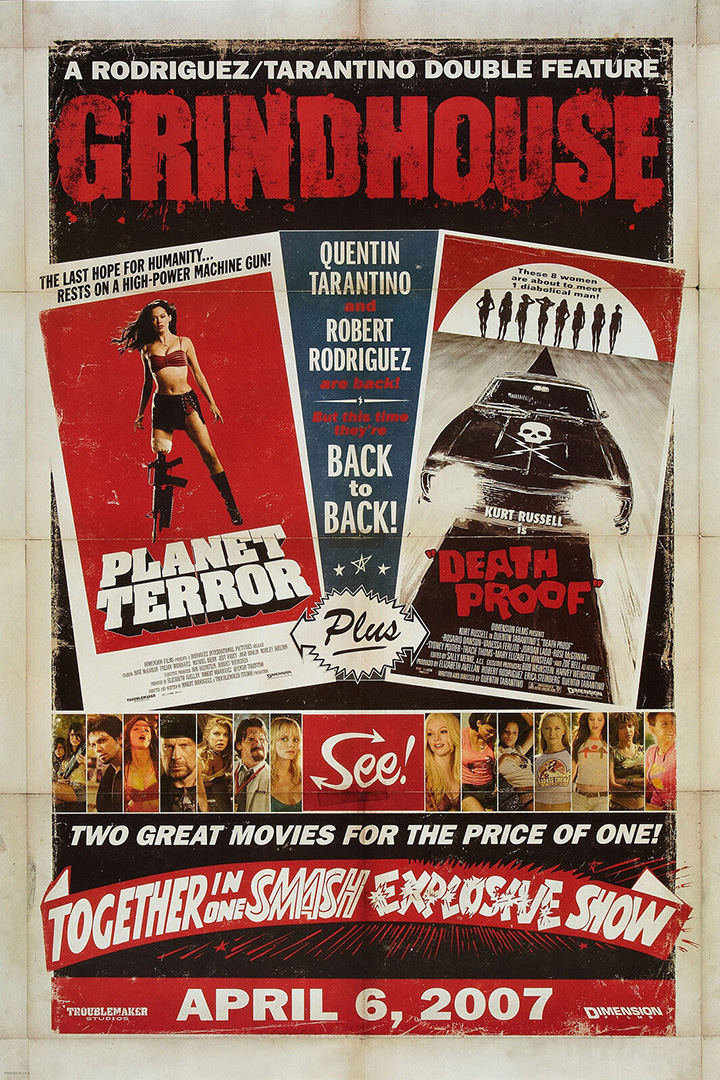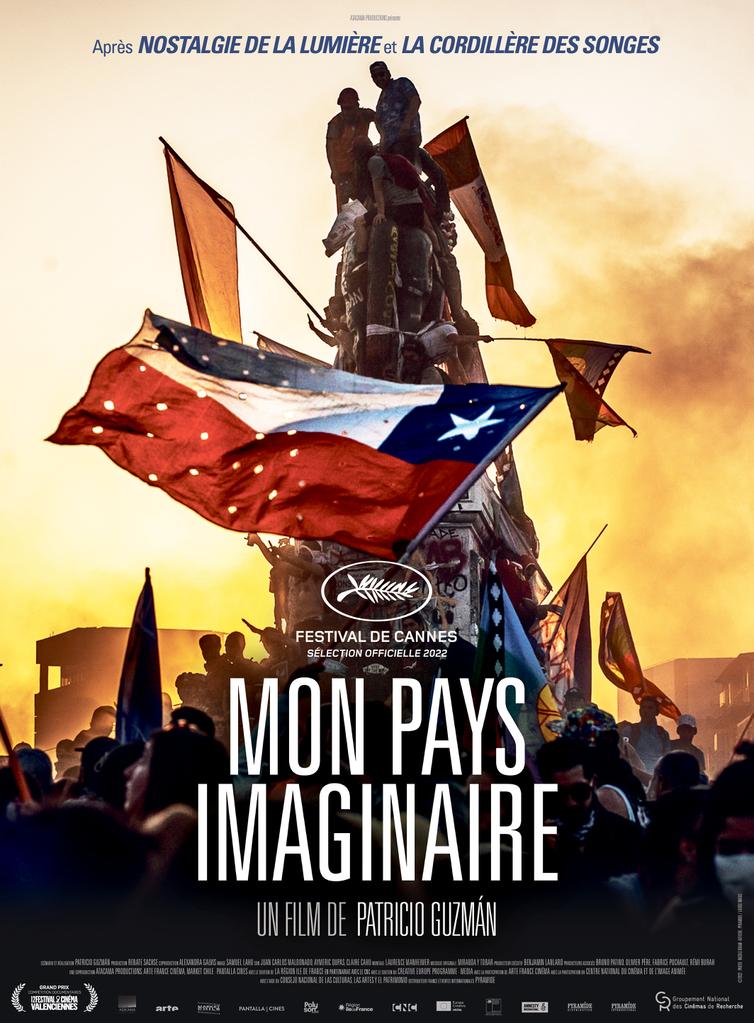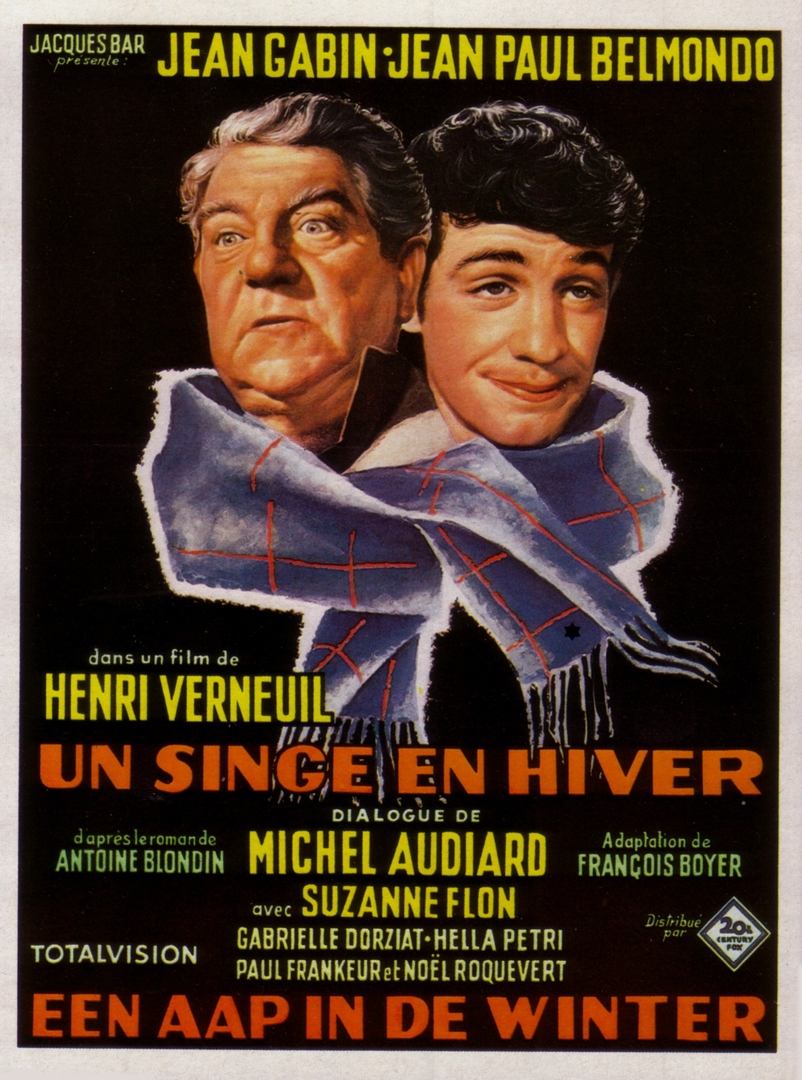Peau d'âne
Our summer cycle will be festive or not. Sound and image, song and dance, instrument and breathing, strings and gestures: so many possible combinations to express what cinema and music can achieve and express together. Musicals, concert films, catchy music. Jazz, classical, contemporary, disco, punk... Revolt and enchantment, distress and emphasis, joy and rhythm, melancholy and bass, laughter and stridency: diverse expressions characterizing cinema and music's historical alliance, will definitely make us fly, dream, dance!
From the 30's to the present day and across all possible genres, this cycle aims to open our minds at a time when we most need it. The first week of July will be an eventful one, as the cycle will open with several evenings in cabaret mode, where we will present for the first time concert films produced in Quebec during the confinement, with the participation of major artists of the current music scene: Klô Pelgag, Marie Davidson and Godspeed You! Black Emperor.
Having lost his wife who made him promise to marry only someone more beautiful than her, a king sets his sights on his daughter. Desperate, she asks him impossible conditions.
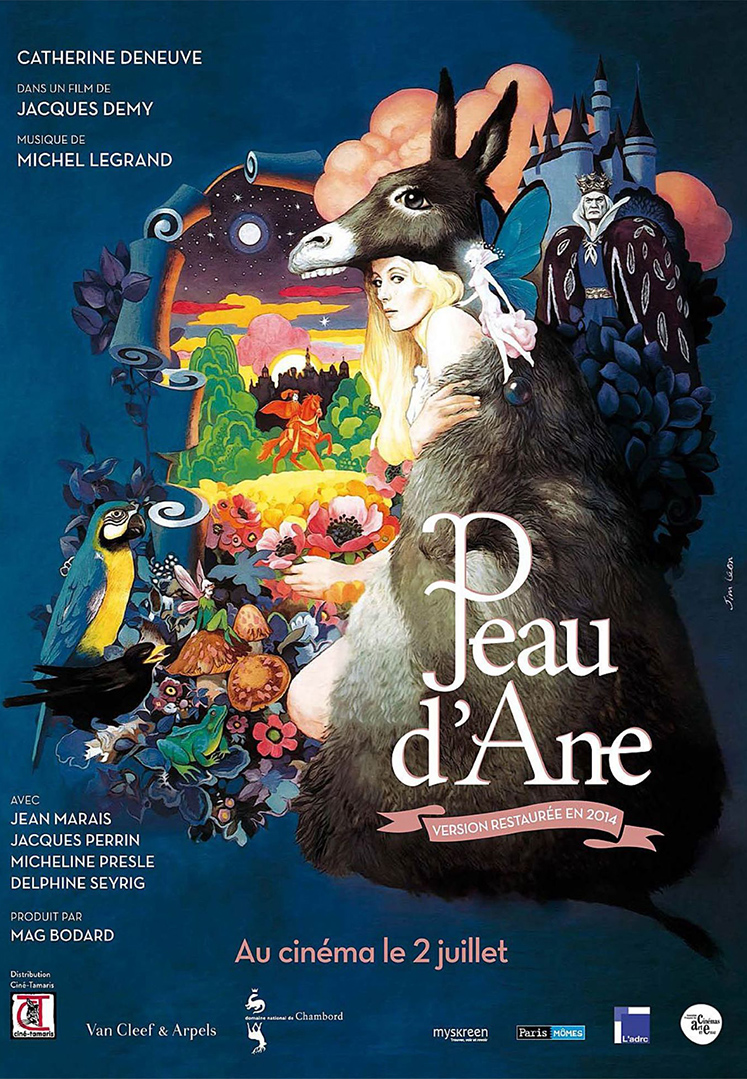
Jacques Demy
Jacques Demy (5 June 1931 – 27 October 1990) was a French director, lyricist, and screenwriter. He appeared in the wake of the French New Wave alongside contemporaries like Jean-Luc Godard and François Truffaut. Demy's films are celebrated for their visual style. He is best known for the two musicals he directed in the mid-1960s: The Umbrellas of Cherbourg (1964) and The Young Girls of Rochefort (1967). (Wikipedia)
Image : Rotten Tomatoes
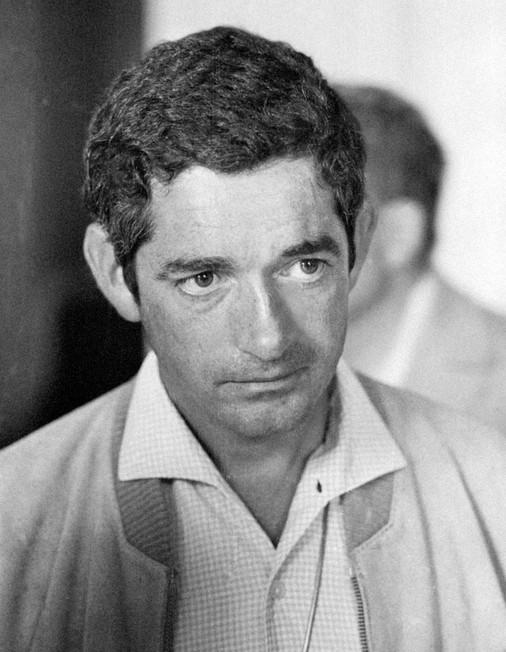
Explore
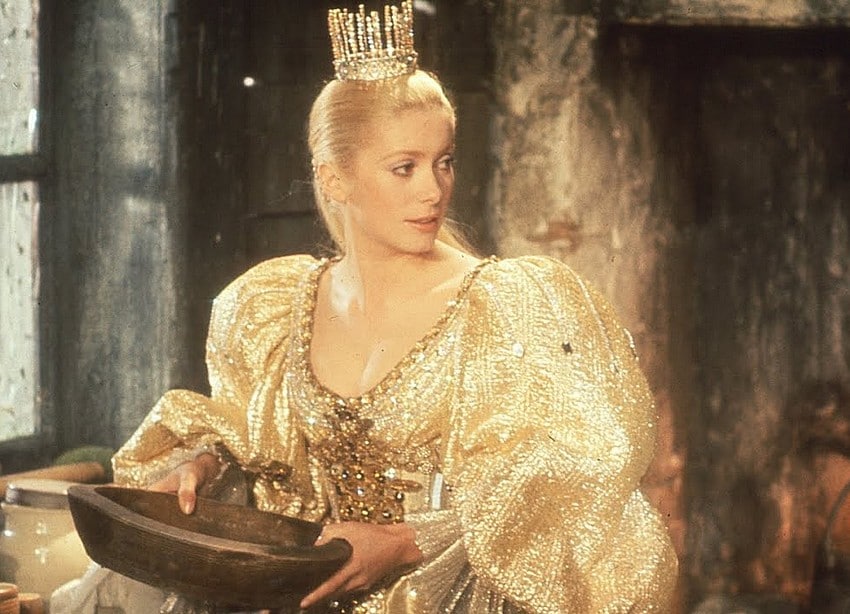
Image : Le Quotidien du Cinéma
Peau d'Âne de Charles Perrault
Comme toute oeuvre littéraire de l'époque baroque, les Contes de Perrault étaient destinés à être incarnés par la voix humaine. Leur interprétation par Eugène Green est une tentative de retrouver leur réalité sonore au présent, et par là, leur capacité à nous émerveiller et à nous émouvoir.
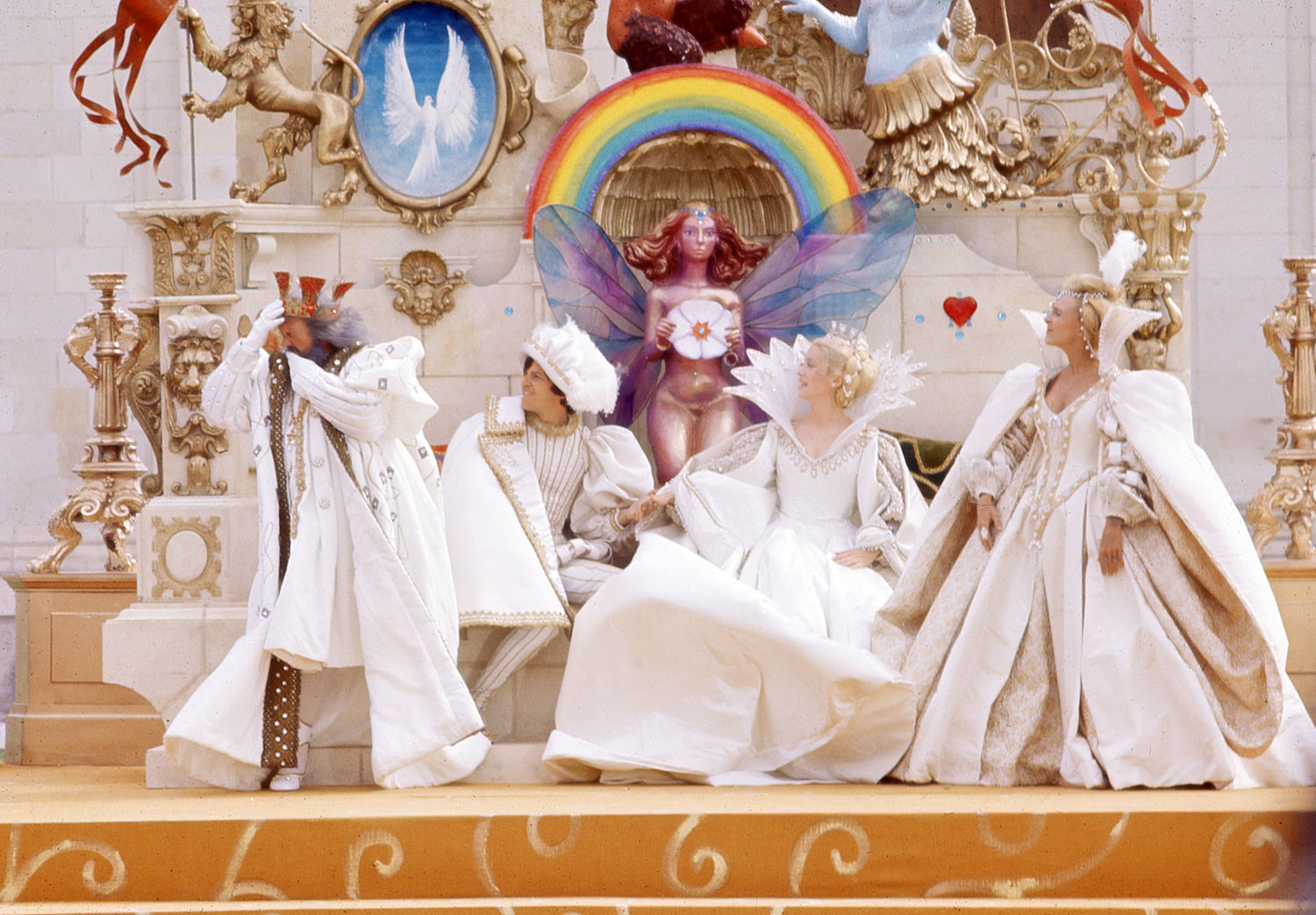
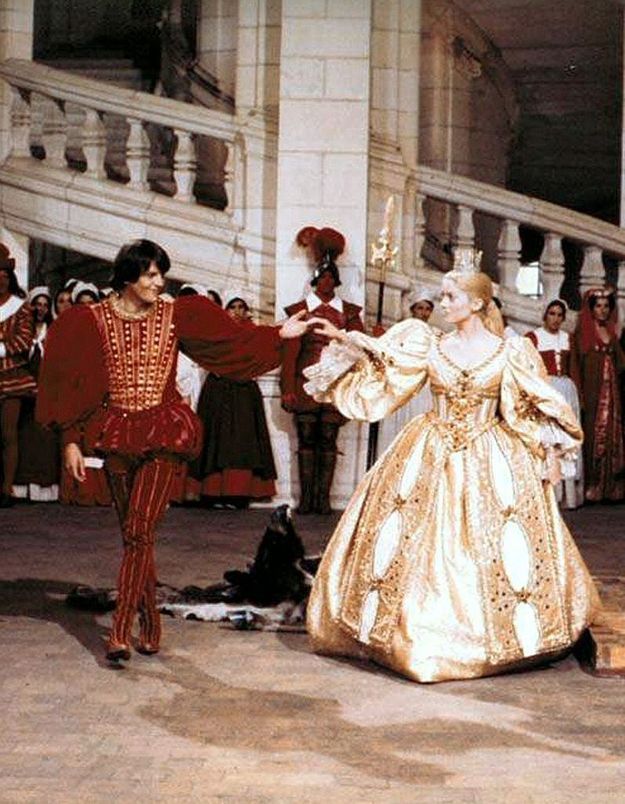
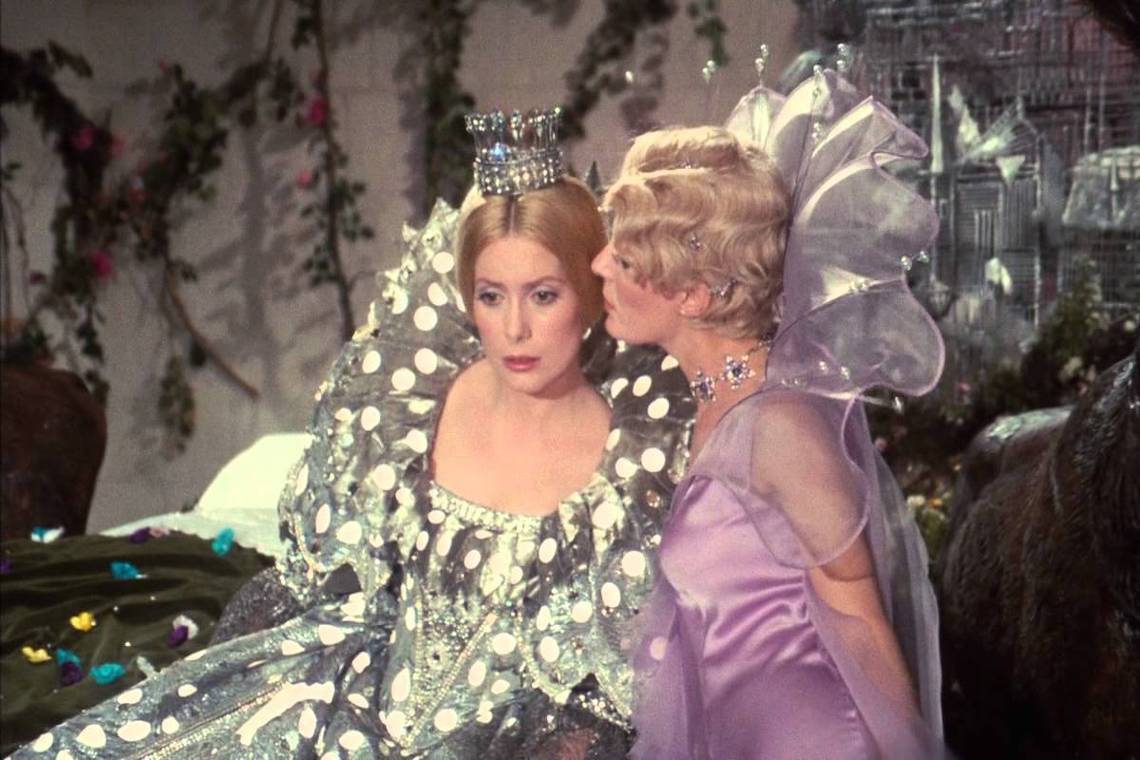
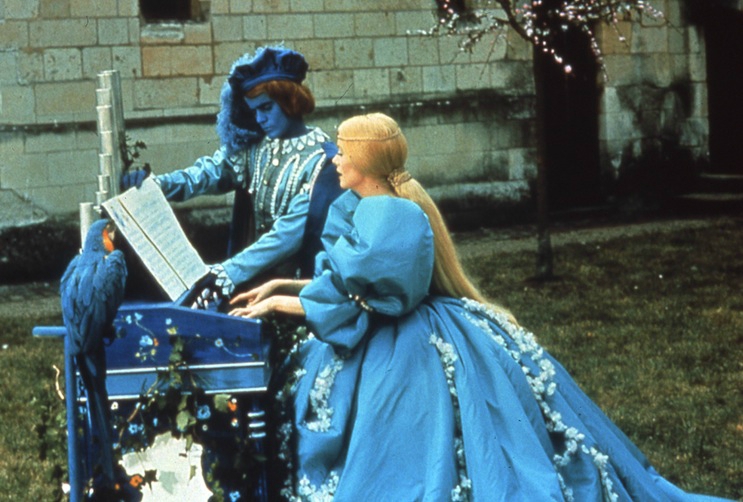

Image : Lille La Nuit

Image : Elle

Image : Ô Magazine

Image : Perlicules
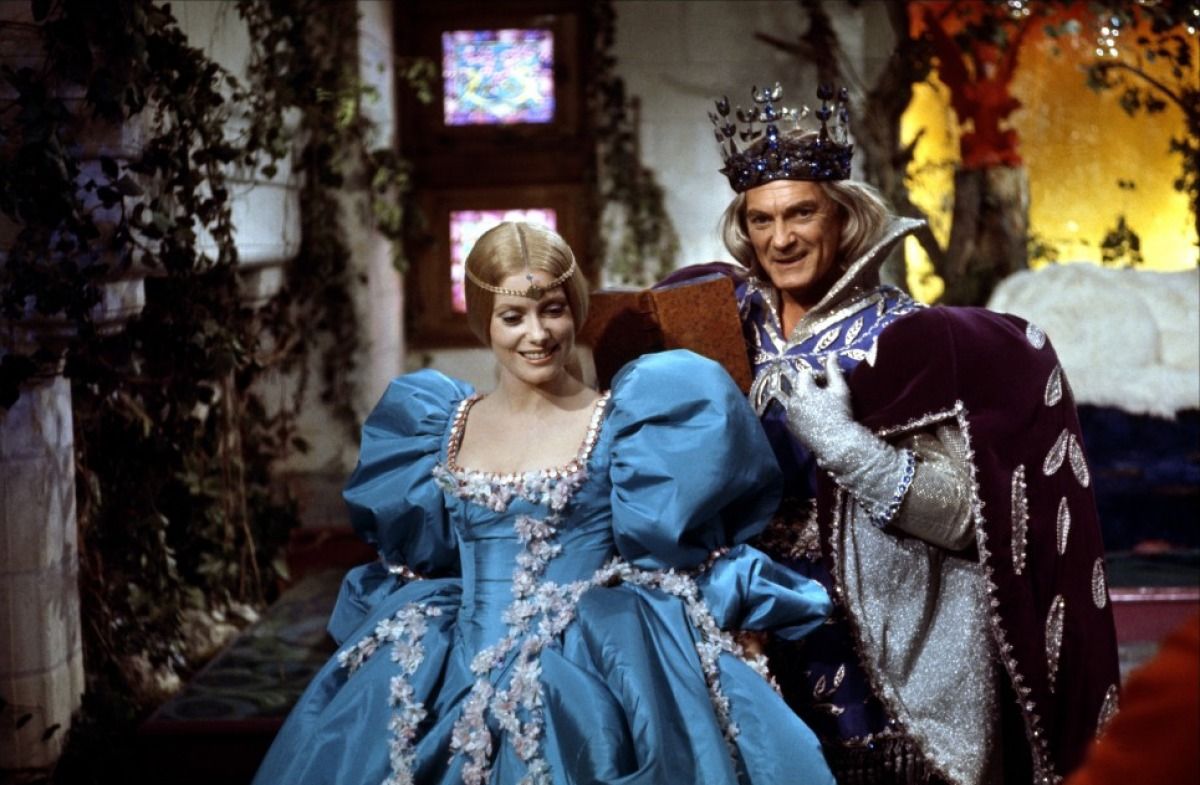
Image : Pinterest
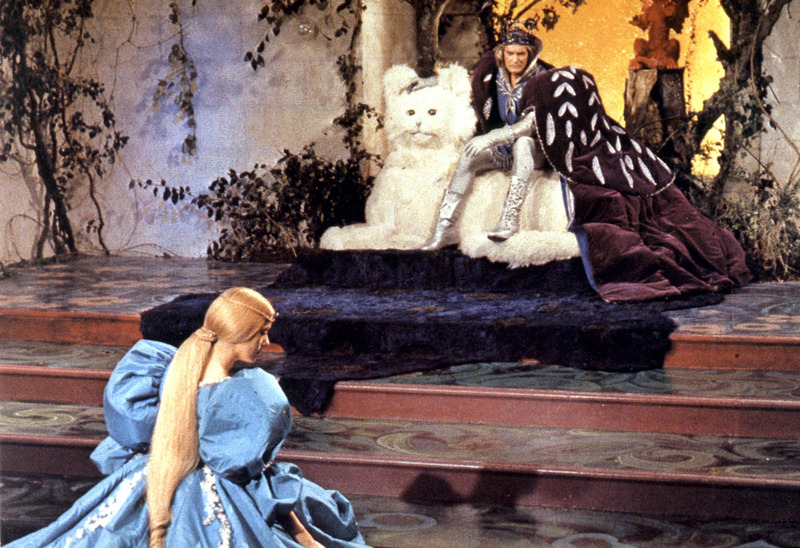
Image : Play TV
